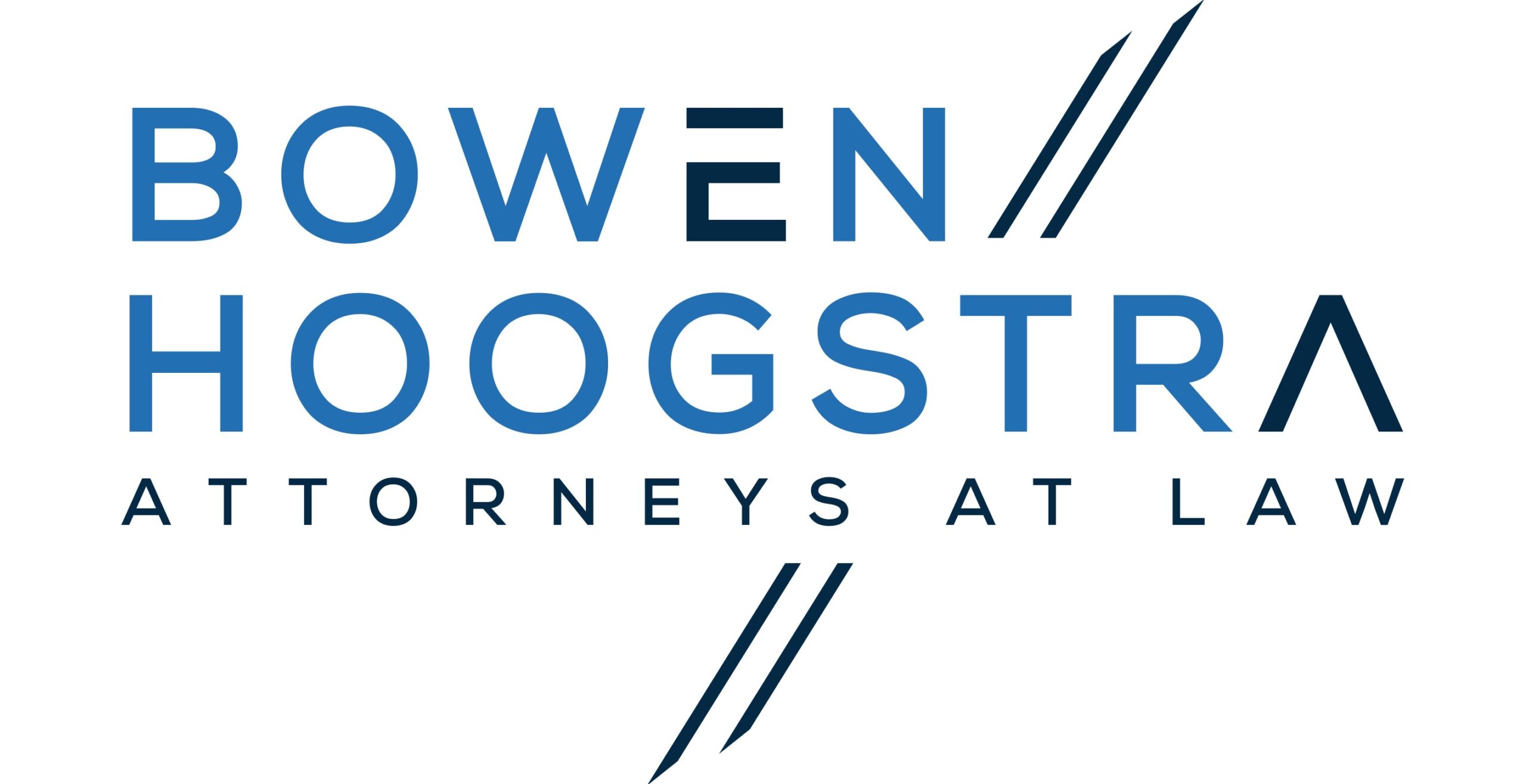When someone passes away, their last will and testament is meant to reflect their final wishes. But what happens if you believe the will doesn’t truly represent their intentions? Or if you suspect fraud or legal technicalities might have compromised the process? In such cases, challenging a will might be the only way to safeguard your inheritance rights.
- Grounds for Challenging a Will: Legal Standards and Evidence
- Navigating the Probate Process When Contesting a Will
- Protect Your Family’s Rights—Consult a Probate Lawyer Today
Will contests unfold inside probate courts, and the outcome can change how an estate is distributed. For a successful challenge, you need to understand legal rules, gather persuasive evidence, and move before strict deadlines expire. That’s why most families turn to qualified probate lawyers who can guide them through each procedural step.
Let our local probate lawyer in Muskegon, MI, discuss what it takes to dispute a will in Michigan so you can protect the legacy your family deserves.
Grounds for Challenging a Will: Legal Standards and Evidence
Michigan law doesn’t let you challenge a will simply because you’re disappointed with your inheritance. To dispute a will, you must have legal standing and solid grounds with supporting evidence. Here are the most common legal reasons people bring a contest:
- Lack of Capacity
Under the Michigan Estates and Protected Individuals Code (EPIC), testators must be at least 18 years old and have sufficient mental capacity to understand the nature and extent of their property, the natural object or beneficiaries of their bounty, and the legal effect of signing the document. If someone was suffering from dementia or another mental condition that impaired judgment, the will could be contested.
- Undue Influence
Undue influence occurs when someone—close friends or family members—pressures or manipulates the testator into making decisions regarding the will. Muskegon courts often look for signs that the influencer had a relationship with the testator and took advantage of that position.
- Fraud or Forgery
If the will was signed under false pretenses or someone forged the signature of the testator, the entire document, or the affected portion, can be set aside. Handwriting analysis or witness testimony showing that the will is not what the testator believed or intended is critical here.
- Improper Execution
Michigan requires a will to meet certain formalities. For instance, it must be in writing, signed by the testator or someone else at their direction, and witnessed by at least two competent individuals. If any of these statutory steps were skipped or mishandled, the will is vulnerable.
- Revocation of Will
Sometimes, a newer will or a revocation clause surfaces after probate starts. If you believe the contested will was revoked, producing the later document, a destruction statement, or proof the prior will was physically torn or burned by the testator can invalidate the earlier instrument.
The burden of proof lies with the person challenging a will, and the standards are high. That’s why working with an experienced probate lawyer in Muskegon, MI, is essential to building a strong case.
Navigating the Probate Process When Contesting a Will
Challenging a will in Michigan isn’t a quick or easy process. It takes legal knowledge, careful preparation, and attention to detail. Here’s what you can expect if you decide to contest a will in a Muskegon probate court:

1. Opening the Estate
Probate begins when the named personal representative files the probate application with the probate court. In a formal Michigan probate proceeding, you have 21 days from the date the judge issues the order admitting the will to contest. Missing the deadline can bar your claim.
2. Filing of Petition
File a formal petition with the probate court where the will was submitted. The petition must identify your legal interest, state the ground(s) for the challenge, and request specific relief, such as setting aside the entire will, invalidating only certain provisions, or admitting an earlier will.
3. Discovery Phase
During the discovery stage, both sides gather evidence, which might include medical documents and psychiatric evaluations, witness interviews and sworn affidavits, expert testimony from handwriting analysts or doctors, and financial or email records that show coercion or fraud.
4. Mediation and Settlement
Before heading to trial, the court might order mediation to give both sides a chance to settle the dispute without a lengthy court battle. A mediated settlement can protect family relationships and avoid draining the estate with litigation costs. Many probate challenges are resolved at this stage.
5. Trial and Court Decision
If no agreement is reached, the case goes to trial. Each side presents evidence, questions witnesses, and makes legal arguments. The judge then decides whether to uphold or invalidate the will.
If you’re considering challenging a will, don’t leave your case to chance. Seek legal representation from a competent probate lawyer in Muskegon, MI, who knows the local laws and has the experience to navigate the probate courts effectively.
Protect Your Family’s Rights—Consult a Probate Lawyer Today
Bowen Hoogstra Law has guided countless Muskegon families through the high‑stakes challenge of probate litigation. Our seasoned probate lawyers in Muskegon, MI, can help you gather critical evidence, negotiate fair settlements, and, when necessary, stand firm in court. We’re here to listen, evaluate your case, and help you protect what matters most. Contact us today at (231) 726-4484 or here to schedule a consultation.

